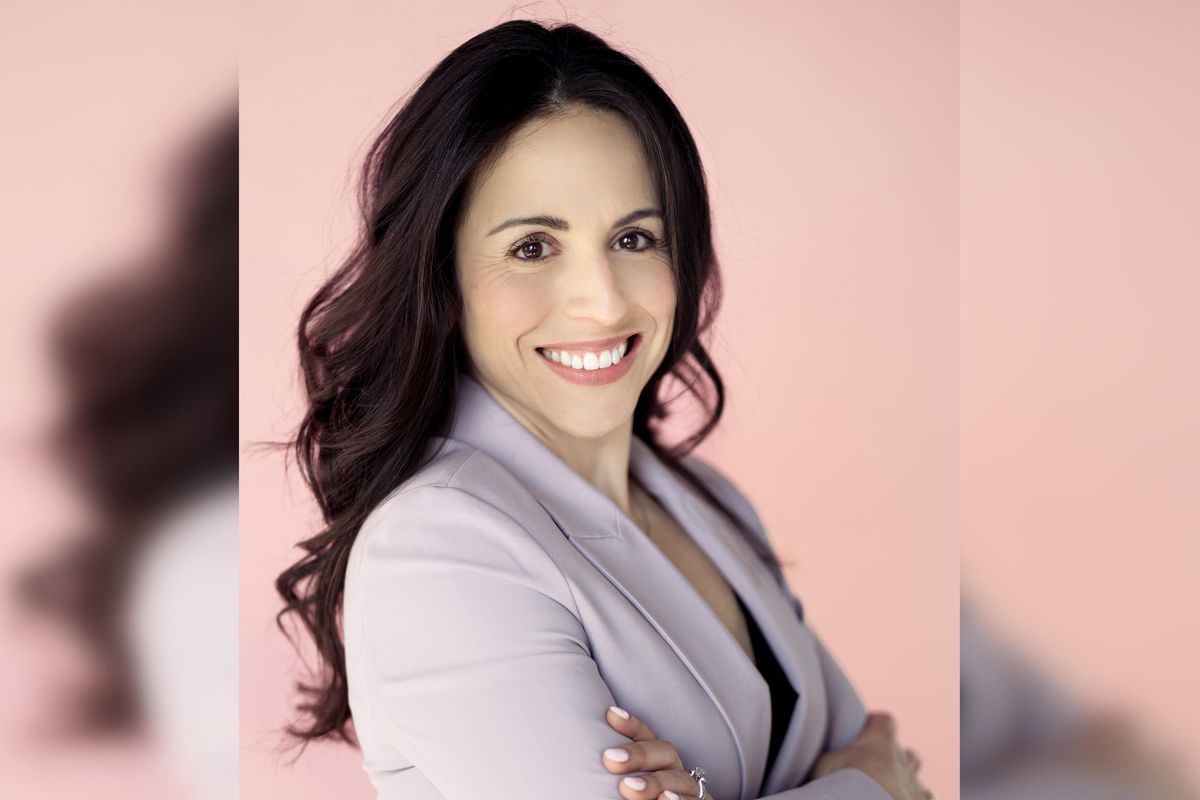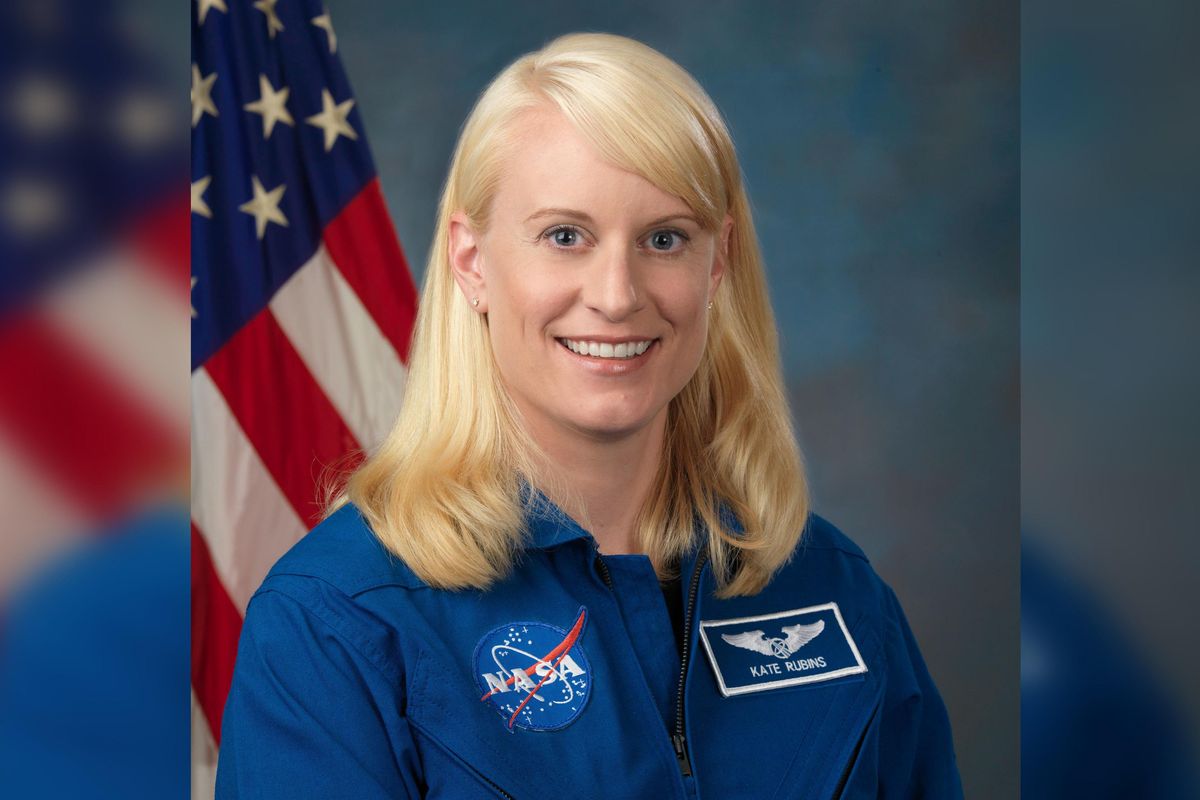Houston regenerative medicine company opens new lab at UH
cell therapy innovation
Pete O’Heeron wants you to know that “Bohemian Rhapsody” was originally released as a B-side. What does this nugget about Queen have to do with regenerative medicine? For O’Heeron and his company, FibroBiologics, it means everything.
That’s because most scientists consider stem cells the A-side when it comes to the race to curing disease. But FibroBiologics has set its sights on fibroblasts. The most common cell in the body, fibroblasts are the main cell type in connective tissue.
“Everyone was betting on stem cells, and we started betting on fibroblasts,” says O’Heeron, who started the company in 2008 as SpinalCyte. “I think what we're going to see is that fibroblasts are going to end up winning, there are more robust, more that are lower cost cell, they have higher therapeutic values, higher immune modulation. They're just a better overall cell than the than the stem cells.”
Since a neurosurgeon and a dermatologist first introduced O’Heeron to the idea of using fibroblasts to regrow discs in the spine, the company has expanded its reach to include promising treatments for multiple sclerosis and cancer and in wound care. Imagine a world where doctors lay fibroblasts directly onto surgical incisions after surgery, cutting the time for healing in half.
FibroBiologics has organically written and filed more than 320 patents.
“It's quite a unique situation. I don’t think that in other areas of science that you have such a wide open area to go out and patent. It's just it was a brand new area nobody had been working on,” O’Heeron explains.
And soon, investors will be able to own a stake in the impressive work being forged in Houston. FibroBiologics, previously FibroGenesis, was formed in order to go public in a direct NASDAQ listing. The goal is to access the capital necessary to go to human trials. Earlier this year, the company also launched a crowdfunding campaign.
“We’ve had really fantastic results with animals and now we’re ready for humans,” says O’Heeron. “We've done small human trials, but we haven't done the large ones that are going to get the commercialization approval from the FDA.”
With that in mind, the company just signed a deal with University of Houston’s Innovation Center. On Thursday, September 7, FibroBiologics will dedicate the Newlin-Linscomb Lab for Cell Therapies in the UH Technology Bridge. The new lab is named for former player and color commentator for the Houston Rockets, Mike Newlin and his wife, Cindy, as well as Pam and Dan Linscomb, a founding partner of Kuhl-Linscomb, one of the largest wealth management companies in Houston.
Other big local names newly attached to the company are astronaut Kate Rubins and Elizabeth Shpall, the director of the cell therapy laboratory at MD Anderson Cancer Center. Both have joined FibroBiologics as members of its scientific advisory board.
To fill the lab, O’Heeron says that he is adding to his team as quickly as he is able. The barrier is the fact that there are few, if any people in the world with the exact qualifications he’s seeking.
“Anytime you're breaking new scientific ground, you can't really just go out and recruit someone with that background because it really doesn't exist,” he says. But he is willing to teach and challenge scientists who are the right fit, and is hoping to expand the team in the new lab.
But like Queen did in 1975, FibroBiologics is pioneering a category of its own. And that’s something worth betting on.
- 3 alumni-founded startups claim cash prizes at Rice University pitch competition ›
- Houston tech startup raises $3.5M following industry expansion ›
- Houston biopharma company launches equity crowdfunding campaign ›
- Houston cell therapy company prepares to IPO, move into new facility ›
- New Axis bioskills lab opens near The Woodlands - InnovationMap ›
- FibroBiologics expands to new Houston lab for future trials - InnovationMap ›
- FibroBiologics founder on shaping the future of medicine - InnovationMap ›





 Apple doubles down on Houston with new production facility, training centerPhoto courtesy Apple.
Apple doubles down on Houston with new production facility, training centerPhoto courtesy Apple.





